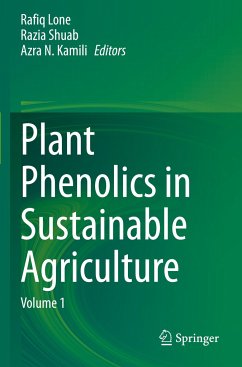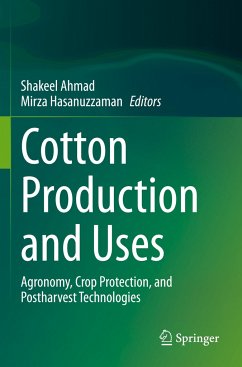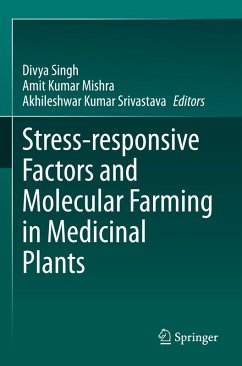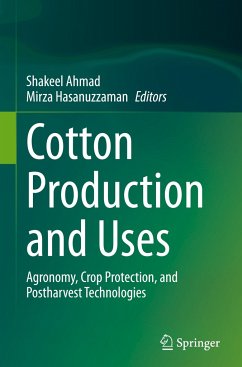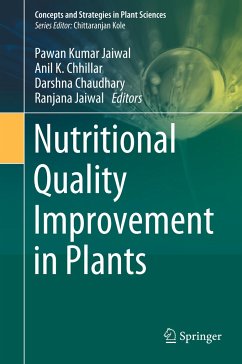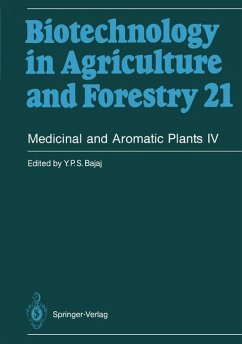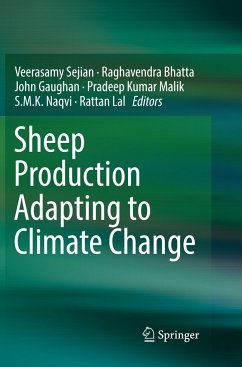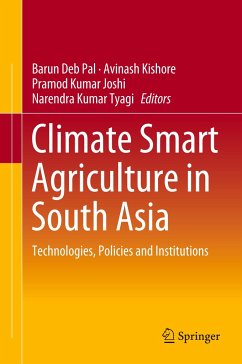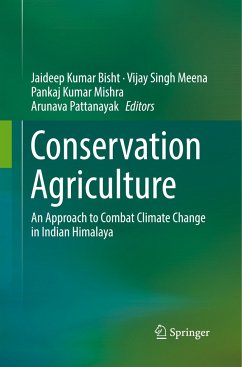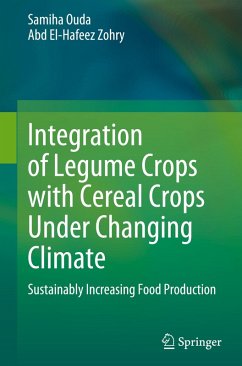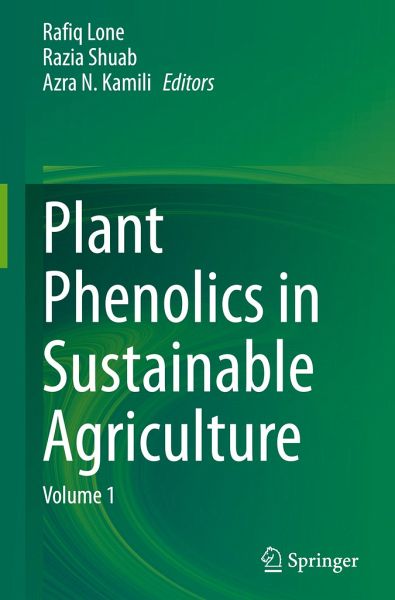
Plant Phenolics in Sustainable Agriculture
Volume 1
Herausgegeben: Lone, Rafiq; Shuab, Razia; Kamili, Azra N.

PAYBACK Punkte
76 °P sammeln!
This book presents the latest research on plant phenolics, offering readers a detailed, yet comprehensive account of their role in sustainable agriculture. It covers a diverse range of topics, including extraction processes; the role of plant phenolics in growth and development; plant physiology; post-harvesting technologies; food preservation; environmental, biotic and abiotic stress; as well as nutrition and health. Further the book provides readers with an up-to-date review of this dynamic field and sets the direction for future research. Based on the authors' extensive experience and writt...
This book presents the latest research on plant phenolics, offering readers a detailed, yet comprehensive account of their role in sustainable agriculture. It covers a diverse range of topics, including extraction processes; the role of plant phenolics in growth and development; plant physiology; post-harvesting technologies; food preservation; environmental, biotic and abiotic stress; as well as nutrition and health. Further the book provides readers with an up-to-date review of this dynamic field and sets the direction for future research. Based on the authors' extensive experience and written in an engaging style, this highly readable book will appeal to scholars from various disciplines. Bringing together work from leading international researchers, it is also a valuable reference resource for academics, researchers, students and teachers wanting to gain insights into the role of plant phenolics in sustainable agriculture.





